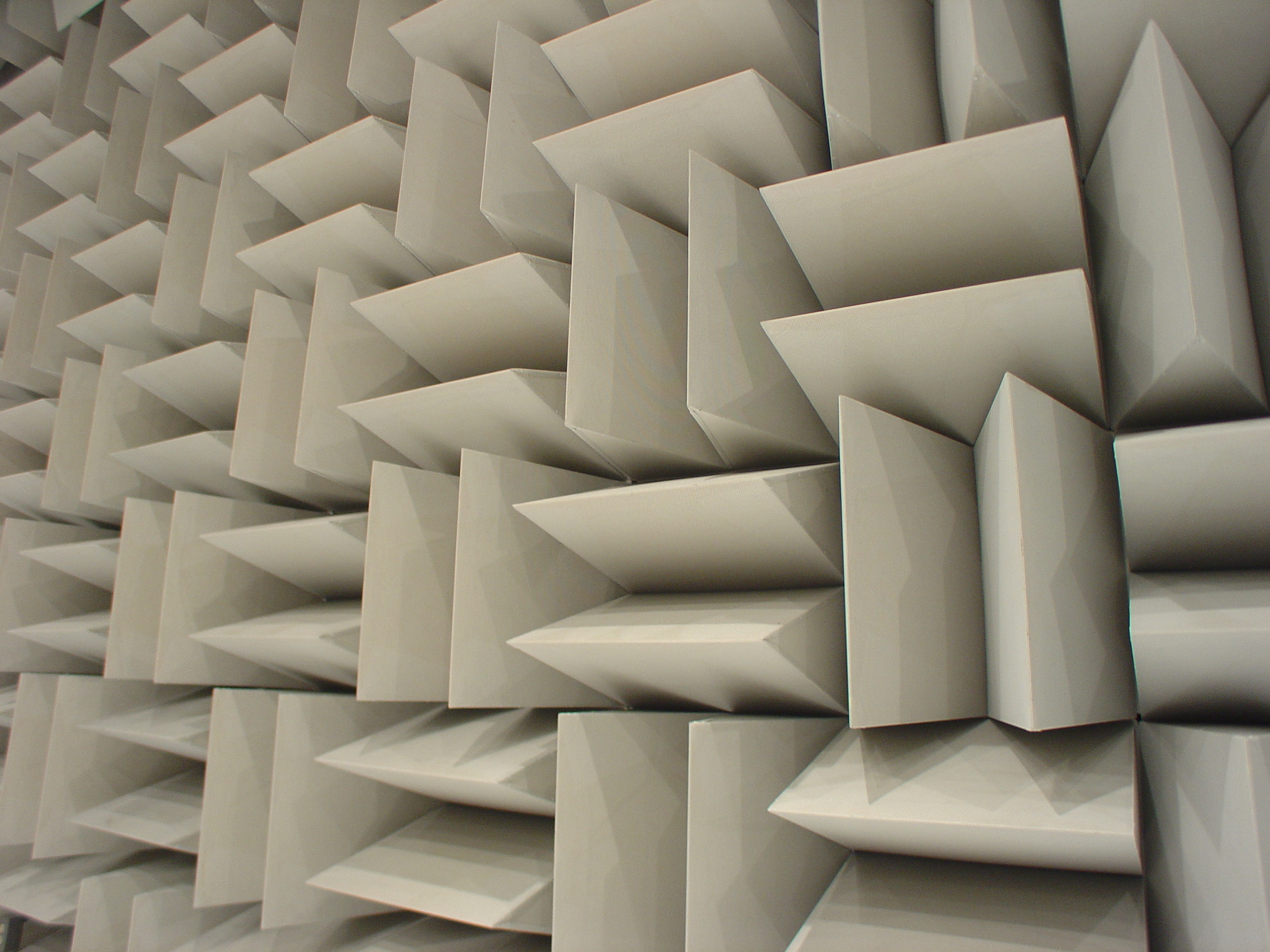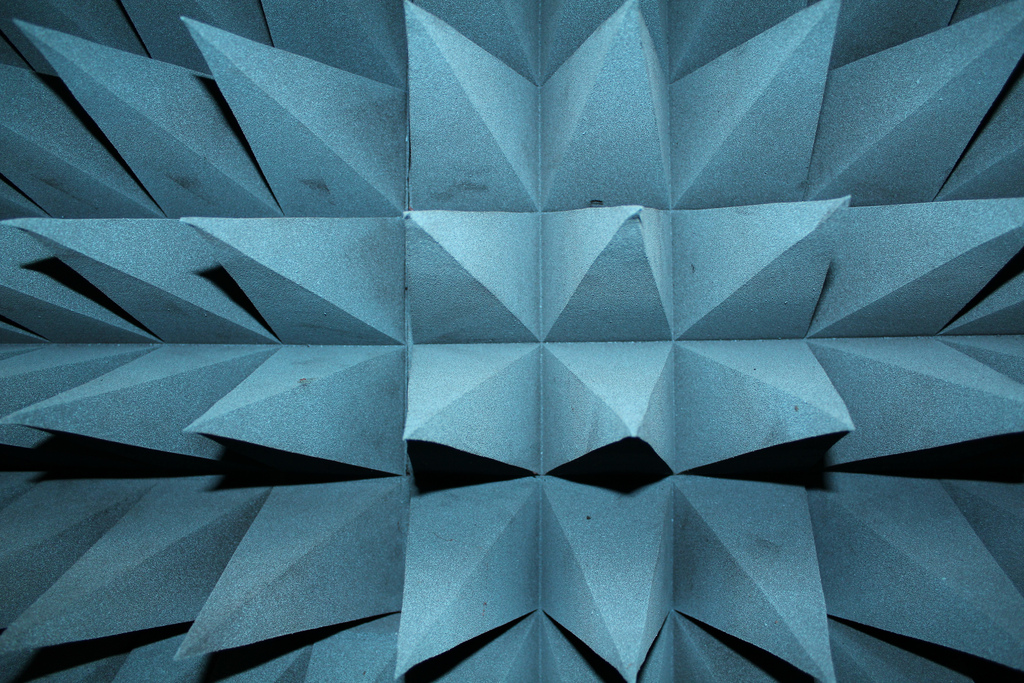What specific things (design features or on-site amenities/services) might make housing autism friendly?
Please note: The purpose of this thread is NOT to discuss what is and is not possible with respect to autism friendly housing. It is NOT to debate whether anything suggested in this thread could or will ever happen. It is not even to discuss ways to make it happen. It is to discuss what “autism-friendly housing” would look like to the users of this forum.
An example of what would make housing autism friendly in my view:
Very high caliber sound insulation. This is so loud vocal stimmers could stim without bothering anyone; So those of us who scream and make a lot of noise during meltdowns wouldn’t have the additional fear/problem of bothering or frightening our neighbours; For those of us with severe sound sensitivity to retain a level of sanity and basic freedom from pain and distress that normal people take for granted and thus improve our daily functioning and quality of life.
Please note: The purpose of this thread is NOT to discuss what is and is not possible with respect to autism friendly housing. It is NOT to debate whether anything suggested in this thread could or will ever happen. It is not even to discuss ways to make it happen. It is to discuss what “autism-friendly housing” would look like to the users of this forum.
An example of what would make housing autism friendly in my view:
Very high caliber sound insulation. This is so loud vocal stimmers could stim without bothering anyone; So those of us who scream and make a lot of noise during meltdowns wouldn’t have the additional fear/problem of bothering or frightening our neighbours; For those of us with severe sound sensitivity to retain a level of sanity and basic freedom from pain and distress that normal people take for granted and thus improve our daily functioning and quality of life.



